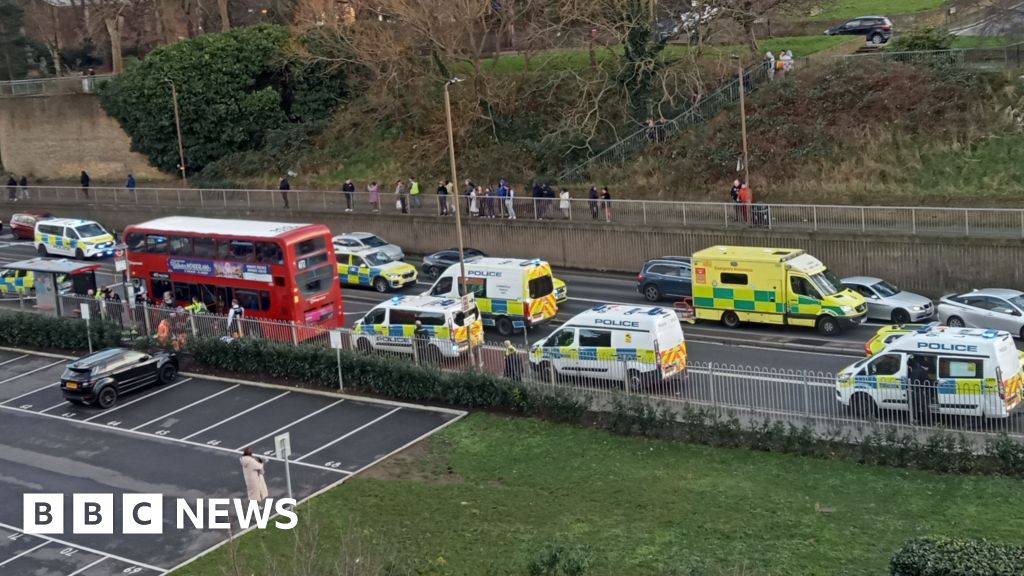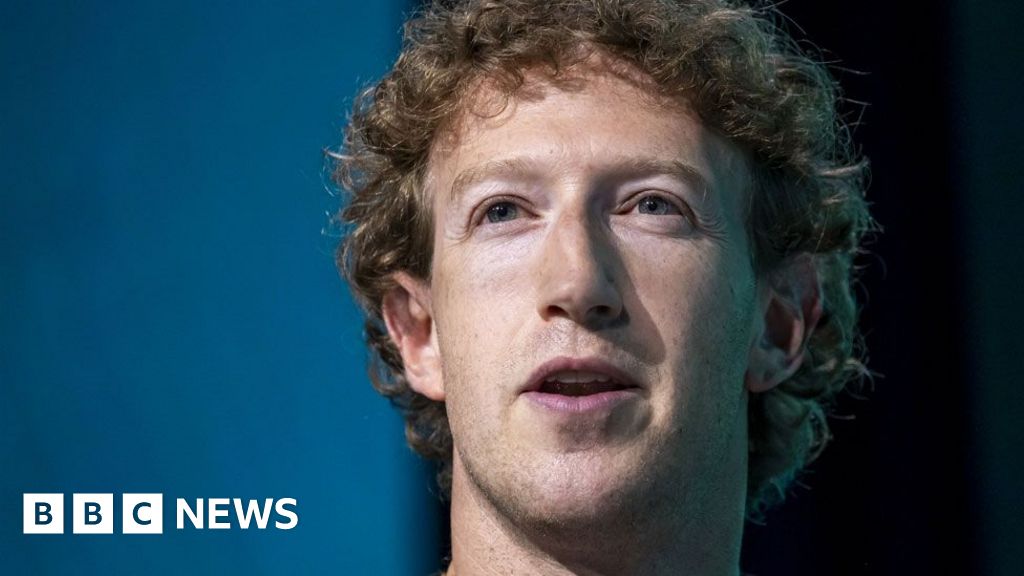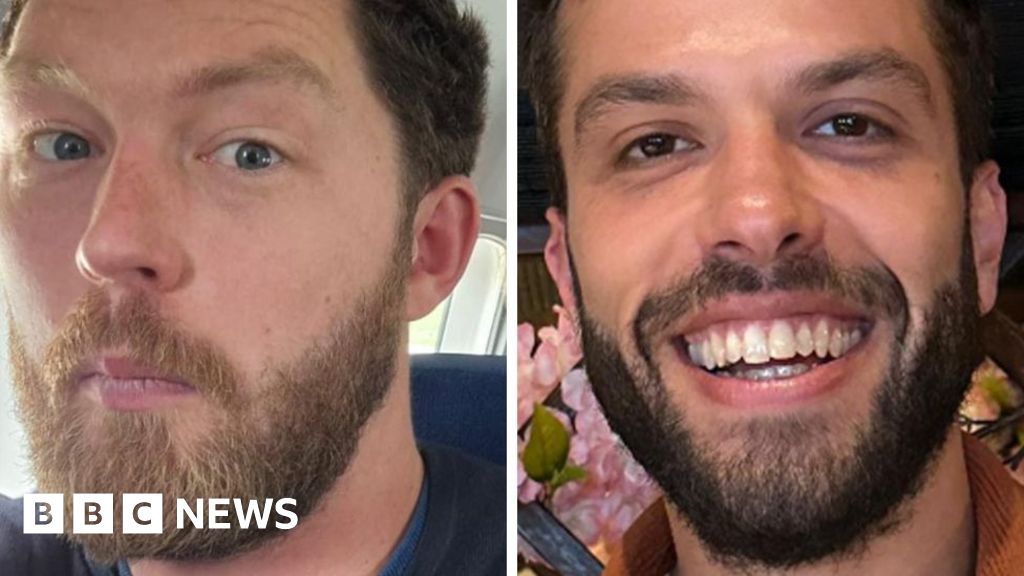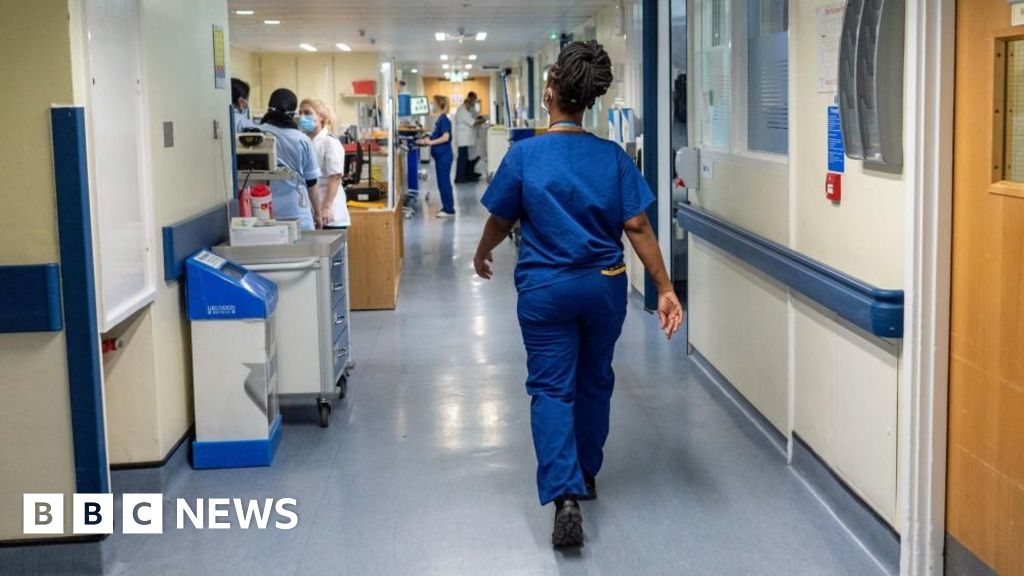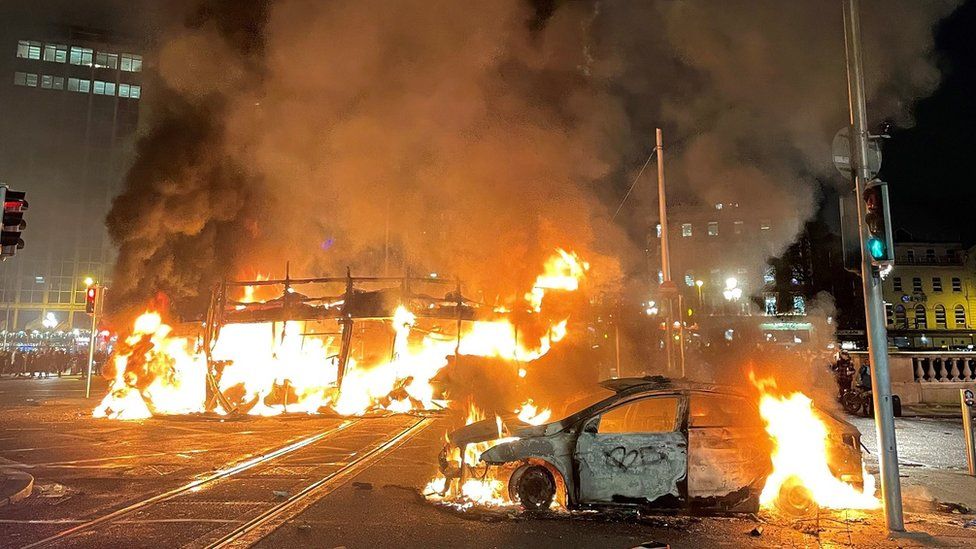 Image source, Brian Lawless/PA
Image source, Brian Lawless/PA
Violence broke out hours after a separate stabbing incident outside a primary school in the city centre
By Shane Harrison
Former BBC News Dublin Correspondent
The Republic of Ireland's police chief has blamed rioting in Dublin city centre on Thursday on a "lunatic, hooligan faction driven by a far-right ideology".
Ireland prides itself on its hospitality and the céad míle fáilte - a hundred thousand welcomes - so what is driving this far-right movement?
While the answer to that is complicated, the best place to start is almost two centuries ago when people started to leave Ireland, with hopes of better opportunities elsewhere.
Migration has featured prominently in the story of Ireland.
People have left the island in their millions; the majority fleeing poverty and famine, others for their own reasons.
The Irish were among the "huddled masses" who glimpsed the Statue of Liberty on their way to Ellis Island in New York and the start of a new American life.
They also emigrated to other countries in huge numbers, particularly Great Britain and Australia.
Emigration was, until relatively recently, just a fact of Irish life.
But in the last 20 years or so, that has changed massively, beginning with EU enlargement and more recently immigration from India, Brazil, the Philippines, Nigeria and other countries around the world.
Image source, PA Media
Image caption,Rioters clashed with police in Dublin on Thursday night
The latest Central Statistics Office (CSO) figures for 2022 show that one fifth of the population in the 26 counties of the Republic of Ireland was born abroad.
The CSO says that "80% of the usually resident population was born in Ireland", a decrease of 3% since 2016.
The arrival of over 90,000 Ukrainian refugees fleeing the war with Russia accounts for some of that decrease.
The writer and Irish Times columnist Fintan O'Toole recently wrote that the number of foreign-born residents is much higher in Ireland now than "in the great age of immigration in the US".
It is also a lot higher than recent immigration to the UK.
Despite that fact migration has barely featured as an issue in Irish party political discourse - even after the 2010 European Union-International Monetary Fund bail-out that briefly saw a big increase in unemployment and a return of emigration.
Irish police commissioner blames disorder on "lunatic, hooligan faction driven by far-right ideology"
It's important to note that Ireland doesn't have a Marine Le Pen, Giorgia Meloni or Geert Wilders type of mainstream political figure.
That can partly be explained by Irish folk's memory of emigration and a desire to be kind to newcomers.
Many still speak of the racist signs in boarding houses in London: "No blacks, no Irish, no dogs."
But, in recent times, senior politicians and police have begun talking of the threat posed by far-right activists seeking to capitalise on a housing shortage, a cost of living crisis and fears about growing numbers of asylum seekers.
"Ireland is full" and "Ireland for the Irish" are frequently heard mantras.
Thursday night's violence wasn't the first time there have been concerns about public order and the far-right.
In September, politicians had to be escorted out of parliament buildings by police officers after protestors blocked entrances and displayed mock gallows.
Image source, Brian Lawless/PA
Image caption,Protesters gathered outside Leinster House in September as the Dail (Irish parliament) resumed after summer
There are also increasing numbers of localised protests about new residences for asylum seekers as some seek political advantage ahead of next year's local and European elections.
At the moment - in contrast with most of the democratic world - no politician here has been elected to any office - either at local council or national level - on a far-right platform.
There is also no single person or party around whom the extremists have gathered.
All see themselves as anti-establishment and have, to varying degrees, different concerns.
For most, it is anti-immigration but others are fighting what they call "woke culture", including LGBTQ rights and nearly all opposed the Covid-19 lockdowns.
Social media has helped to create a new movement.
Not all far-right activists would have supported Thursday night's violence and not all the thrashing of, particularly sports, shops was carried out by political extremists.
Some were opportunistically taking advantage of the chaos to rob and get their hands on the latest gear.
Meanwhile, politicians here have accused the far-right of opportunistically trying to capitalise on a stabbing incident that allegedly involved a foreign-born Irish citizen.
Image source, PA Media
Image caption,"You see a man with a knife with a little girl - there is nothing else to do," said delivery driver Caio Benicio
The media seems to be keen that a racist narrative does not develop around what happened.
But it's likely that the riot will have both a policing and a political impact.
The police, while respecting the right to protest, are likely to adopt a tougher approach to far-right activists.
And, even before the violence, the Taoiseach (Irish prime minister) Leo Varadkar was saying that Ireland "must slow the flow" of refugees from Ukraine and elsewhere.
But most people here are likely to want to keep a common sense perspective.
The issues associated with very recent immigration pale into insignificance compared to the problems posed by almost two centuries of emigration.
Few would appear to disagree with the proposition that migration has to be properly managed.
But surely many say it's far better to offer a céad míle fáilte than to see your "huddled masses" depart for foreign lands.
 (1).png)
 1 year ago
15
1 year ago
15
